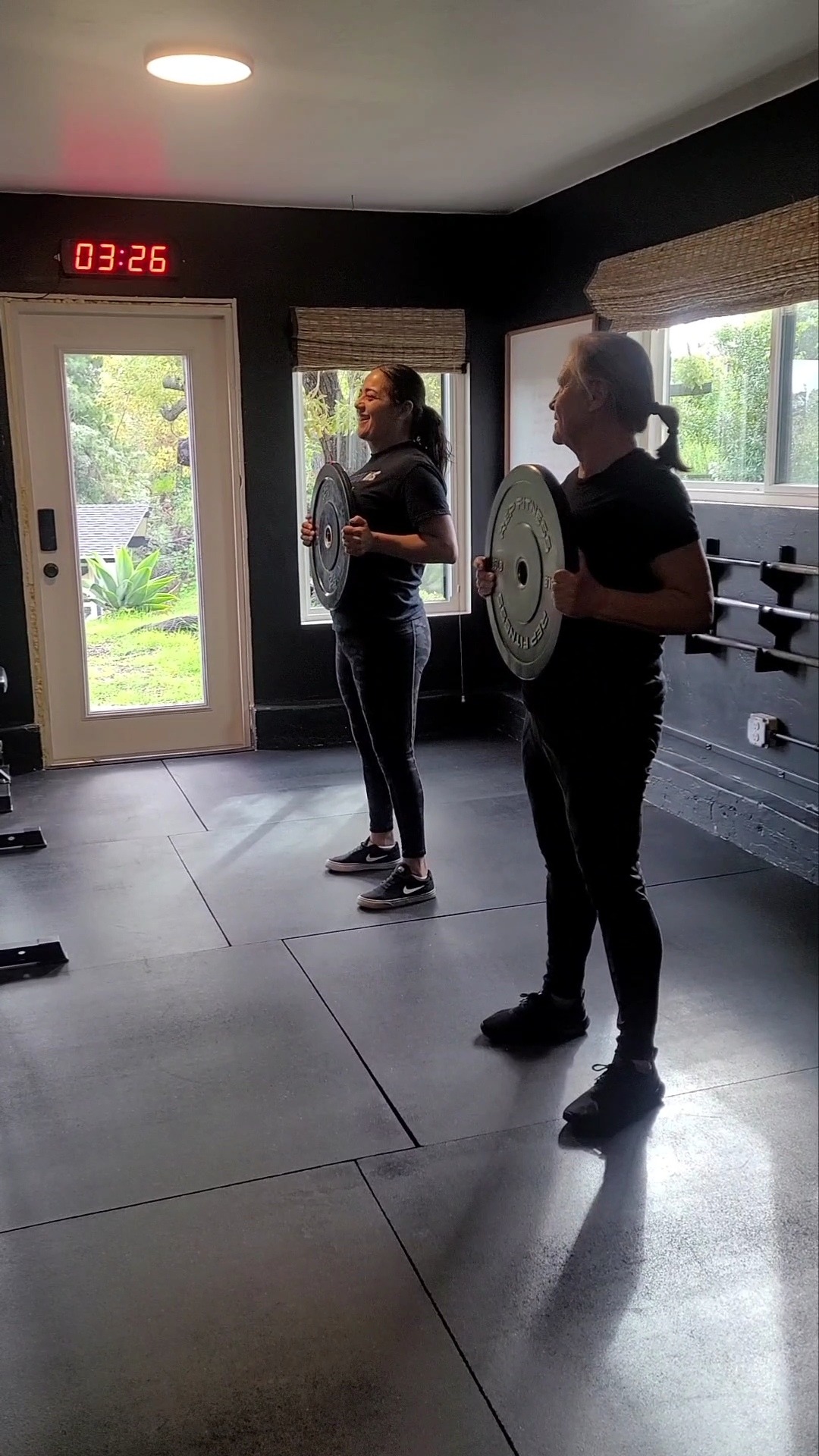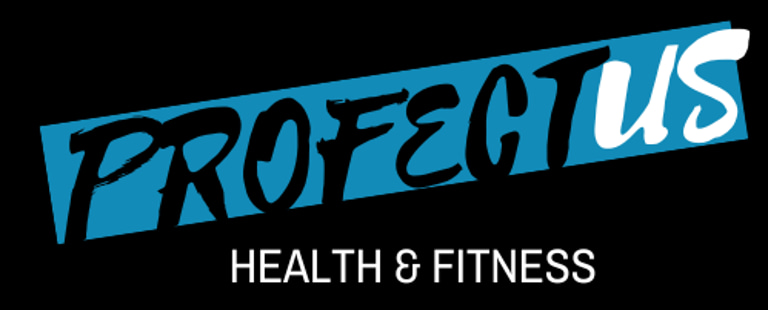Perimenopause: The Most Overlooked (and Misunderstood) Phase of a Woman’s Life — and How to Thrive Through It
By Cristina Torres, Owner of Profectus Health & Fitness
8/13/20252 min read


If you’ve ever found yourself thinking,"Why am I feeling different? My workouts aren’t working the way they used to. My body is changing, but I can’t quite explain why,"
You’re not alone.
Here’s the truth: Perimenopause is one of the least discussed phases of a woman’s life — even by most doctors.
Research shows that medical schools dedicate little to no training on perimenopause and menopause. Many physicians aren’t given the tools to identify early signs, guide women through it, or optimize health during this stage.
And it’s not just doctors who are in the dark — many women don’t even realize perimenopause exists until they’re in the thick of it.
------------------------------------
What is Perimenopause, Really?
Perimenopause is the transition period leading up to menopause — often starting in your late 30s or early 40s and lasting anywhere from 4 to 10 years.
In her groundbreaking book ROAR: Match your food and fitness to your unique female physiology for optimum performance, great health, and a strong body for life, Dr. Stacy Sims describes it as the time when hormone levels — particularly estrogen and progesterone — begin to fluctuate unpredictably.
These hormonal shifts can cause:
Unexplained weight changes
Irregular cycles
Brain fog and mood swings
Hot flashes or night sweats
Sleep disturbances
Increased recovery time from workouts
A frustrating plateau in fitness results
If you’ve been chalking these changes up to “aging,” you might actually be in perimenopause.
------------------------------------
Why This Phase is an Opportunity — Not a Downfall
Here’s where most women get it wrong: They push harder in their workouts, add more cardio, eat less, and wonder why nothing changes.
The problem? Your physiology is different now.
As estrogen levels drop, so does your body’s ability to regenerate muscle stem cells. In fact, muscle cell studies show that when estrogen is removed from animals, their ability to regenerate muscle stem cells can drop by 30 to 60 percent.
Even more striking — muscle biopsies in women during the menopause transition show the exact same thing.
This is why Dr. Stacy Sims stresses the importance of strength training during perimenopause. She explains:
“We need that strong stimulus to maintain muscle as your hormone levels fluctuate and decline. Resistance training that includes heavy lifting stimulates those cells and helps you maintain that muscle.”
------------------------------------
Why Strength Training is the Secret Weapon for Perimenopausal Women
When you lift heavy (yes, heavy), you send a clear message to your body: "Keep this muscle — I need it."
Here’s what strength training does during perimenopause:
✅ Maintains and builds lean muscle mass — your metabolic powerhouse
✅ Increases bone density — protecting against osteoporosis
✅ Boosts insulin sensitivity — making fat loss easier
✅ Improves balance and coordination — lowering fall risk
✅ Supports joint health — reducing aches and stiffness
------------------------------------
The Bottom Line: Don’t Wait for Menopause to Take Action
Perimenopause is not the time to “just get through it” or hope symptoms pass. It’s the time to take proactive steps so that menopause — and the decades beyond — feel strong, stable, and vibrant.
When we train women at Profectus Health & Fitness, we focus on:
Strength Training designed for a woman’s body
Recovery Therapies (infrared sauna, red light therapy, compression) to reduce inflammation and improve sleep
------------------------------------
Your Next Step
If you’re a woman over 35 and you’re ready to take control of your body during this transition, let’s talk.
We offer a free, no-pressure consultation where we’ll:
Discuss your health & fitness goals
Evaluate your current training and recovery approach
Create a personalized plan to help you move better, feel better, and live better — through perimenopause, menopause, and beyond!
📅 Book your consultation HERE
Because this next chapter isn’t about losing what you had — it’s about building what you need to thrive.
